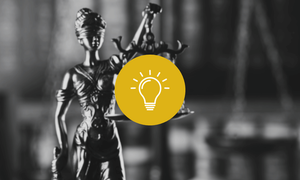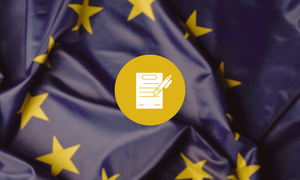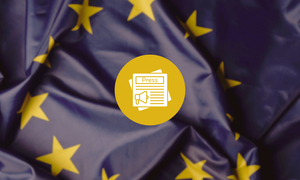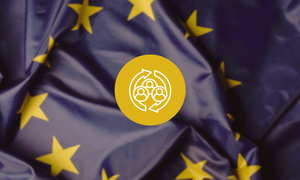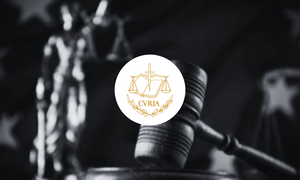
CJEU C-209/23 RRC Sports 15 May 2025 AG Opinion
members
–
2 min read
AG Emiliou: FIFA’s new Football Agent Regulations don’t automatically violate Article 6 GDPR, but must meet certain conditions – there must be a legitimate interest, the data must be strictly necessary, and the rules must not place an unreasonable burden on people’s privacy or finances.

